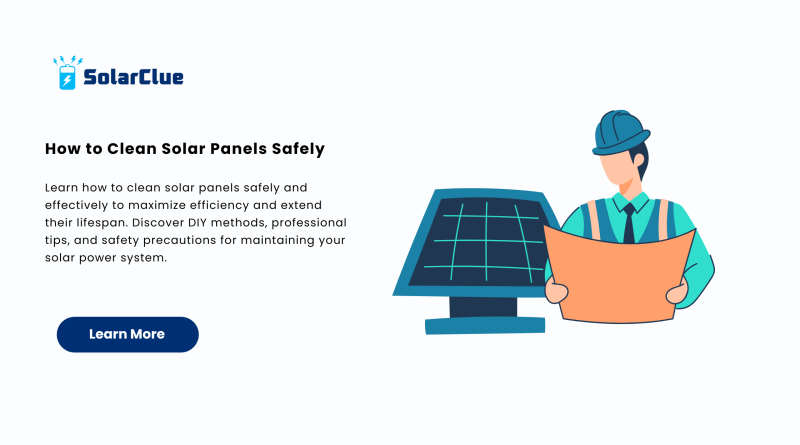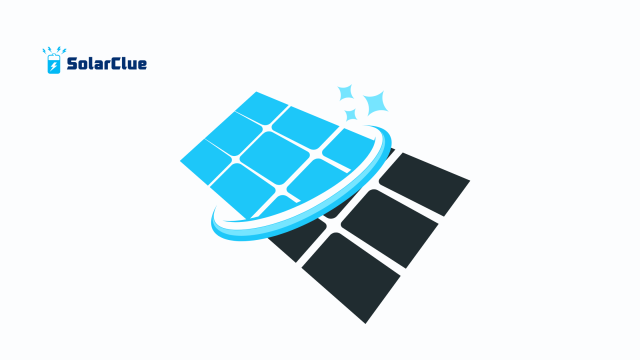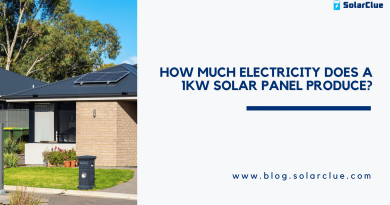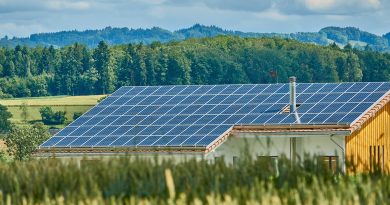How to Clean Solar Panels Safely
Investing in a solar panel is one of the smartest decisions for homeowners and businesses looking to reduce electricity bills and adopt solar energy for a greener lifestyle. However, to ensure maximum efficiency, cleaning plays a crucial role. Over time, dust, bird droppings, pollen, and pollution can accumulate on the surface, reducing energy output by 15–25%. Knowing how to clean solar panels safely is essential to protect your system, prevent damage, and maintain consistent energy generation.
Table of Contents
- 1 Why Cleaning Solar Panels Is Important
- 2 When to Clean Solar Panels
- 3 Safety First: Precautions Before Cleaning
- 4 Step-by-Step Guide on How to Clean Solar Panels Safely
- 5
- 6 Professional Solar Panel Cleaning Services
- 7 Common Mistakes to Avoid When Cleaning Solar Panels
- 8 DIY vs. Professional Cleaning: Which Is Better?
- 9 Benefits of Regular Cleaning for Your Solar Power System
- 10 FAQs
- 11 Conclusion
Why Cleaning Solar Panels Is Important
A solar power system works by absorbing sunlight through panels and converting it into electricity. If the surface of the panels is dirty or blocked, the efficiency decreases significantly.
-
Improved Efficiency: Clean panels absorb more sunlight, ensuring your solar energy system operates at peak performance.
-
Longer Lifespan: Regular maintenance prevents long-term wear and tear.
-
Better ROI: Keeping panels clean ensures you maximize your return on investment from your solar power system.
When to Clean Solar Panels
The frequency of cleaning depends on location, weather, and surrounding environment.
-
Urban Areas: Pollution and dust may require cleaning every 3–4 months.
-
Coastal Areas: Salt deposits need more frequent checks, around once every 2–3 months.
-
Rural Areas: Pollen, leaves, and bird droppings may require seasonal cleaning.
Tip: Check your panel’s efficiency using your inverter or monitoring app. A sudden drop may indicate dirt buildup.
Safety First: Precautions Before Cleaning
Before learning how to clean solar panels safely, it’s important to follow safety measures:
-
Turn off the solar power system before cleaning.
-
Avoid cleaning during the hottest part of the day to prevent glass cracking due to sudden temperature changes.
-
Use safety harnesses or professional services for rooftop panels.
-
Never use harsh chemicals or abrasive materials, as they can damage the protective glass.
Step-by-Step Guide on How to Clean Solar Panels Safely
1. Turn Off the Solar Power System
Always begin by shutting down the solar panel system using the instructions provided by your installer. This ensures both your safety and the panel’s protection.
2. Choose the Right Time of Day
Early morning or late evening is the best time for cleaning. The panels are cool, and any moisture (like dew) helps soften dirt, making it easier to clean.
3. Gather Cleaning Supplies
You don’t need expensive equipment. A few basic items will suffice:
-
Soft sponge or microfiber cloth
-
Hose with low-pressure water flow
-
Bucket with mild soap solution (if required)
-
Squeegee with a soft rubber edge
4. Rinse the Panels with Water
Use a garden hose with low pressure to wash away loose dirt and dust. Avoid high-pressure washers, as they can damage the panel seals.
5. Gently Scrub the Surface
Use a soft cloth or sponge with mild soap and water to wipe the surface. Never use harsh detergents, abrasive pads, or metal tools.
6. Rinse Again and Let Dry Naturally
After scrubbing, rinse thoroughly with clean water. Allow the panels to air-dry, or use a soft squeegee for a streak-free finish.
Professional Solar Panel Cleaning Services
While DIY cleaning works for many homeowners, hiring professionals can be beneficial if:
-
Panels are installed in hard-to-reach areas.
-
You want a thorough inspection along with cleaning.
-
Your warranty requires professional maintenance.
Professional services use specialized equipment and cleaning solutions designed to maximize solar energy efficiency without causing damage.
Common Mistakes to Avoid When Cleaning Solar Panels
-
Using pressure washers that can damage the glass.
-
Cleaning during hot, sunny hours, which can lead to thermal shock.
-
Standing directly on panels, risking breakage and personal injury.
-
Using strong chemicals or abrasive brushes.
DIY vs. Professional Cleaning: Which Is Better?
-
DIY Cleaning: Cost-effective and suitable for ground-mounted panels. Best for homeowners comfortable with basic maintenance.
-
Professional Cleaning: Recommended for rooftop panels, large systems, or when safety is a concern. Provides added benefits such as performance checks.
Benefits of Regular Cleaning for Your Solar Power System
-
Higher Energy Output: Clean panels can boost efficiency by up to 25%.
-
Long-Term Savings: Regular cleaning reduces wear and maintenance costs.
-
Enhanced Durability: Prevents buildup of debris that can cause scratches or hot spots.
-
Improved Aesthetics: Clean panels enhance the overall look of your property.
FAQs
1. How often should I clean my solar panels?
On average, every 3–6 months depending on your environment. Monitor performance to decide.
2. Can I use tap water for cleaning?
Yes, but if your water is hard, consider using distilled water to avoid mineral stains.
3. Do solar panels need maintenance besides cleaning?
Yes, occasional inspections for wiring, inverters, and mounting structures are essential.
4. Is rainwater enough to clean solar panels?
Rain helps but doesn’t remove sticky dirt, bird droppings, or thick dust layers. Manual cleaning is still required.
5. Does cleaning solar panels increase efficiency?
Yes, it can improve efficiency by up to 25%, depending on how dirty the panels were.
Conclusion
Learning how to clean solar panels safely is an important step in maintaining the efficiency and durability of your solar power system. Whether you prefer DIY methods or hiring professionals, regular cleaning ensures that your investment continues to generate maximum solar energy for years to come. Take cleaning seriously, avoid common mistakes, and always prioritize safety.
If you’re looking for more expert tips, reliable solar products, and professional guidance, check out solarclue.com and our detailed blogs at blog.solarclue.com. Keep your panels shining bright and your savings growing every day!





